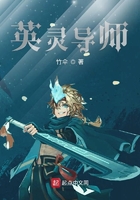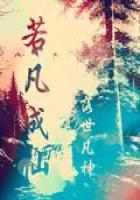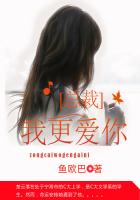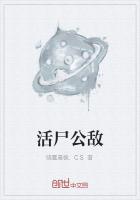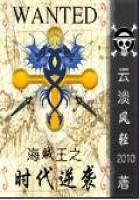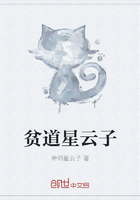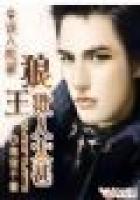It was in this period that the Chinese publishing industry went into its early golden days. The initial stage of the manuscript book period lasted from the 2nd century B.C. to the 4th century A.D. During this stage, bamboo and wood slips, silk and paper were used as writing material in parallel. Its main stage was the 5th to the 7th century A.D, which was also its peak time. After the 8th century, with the extensive application of printing, manuscript books co-existed with printed books for quite a long period. Then printed books became the mainstream. The history of manuscript books is more than one thousand years old.
After paper became popular thanks to constant improvements and development, a system of books, called a scroll system, was shaped from transcription to scroll making. In that period, the number and kinds of books increased significantly. Rough statistics show that about 11,754 works made up of 73,200 scrolls were produced from 25 A.D. to 618 A.D, which included general encyclopedia, collected works, rhyme dictionaries, genealogies and other types of books. The translation of Buddhist scriptures boomed in this period and about 1,500 works on 4,000 strolls were translated from 220 A.D. to 618 A.D. The translation level substantially improved. At the same time, with the widespread use of paper, the space and number of words in a single work increased in quantity, works with hundreds of thousands of words were quite common at the time.
With the increasing number and types of books, arranging and cataloguing emerged. During 26–6 B.C., Liu Xiang, with the emperor ’s support, organized scholars to create a systematic arrangement for the country’s national book collection. With 13,269 books organized, it was the first largescale book arrangement by the state. In the process, Liu Xiang and others wrote a bibliography for each book and edited the first systematic book catalogue in ancient China.
The books were classified into six categories: “Six Classical Arts” referred to Confucianism classical works and reading materials for the “Six Meridians,” “The philosophers” to selected readings of Confucian and other ancient Chinese classics since Pre-Qin Days; “Poetry” to Poems; “Han Odes” to literary output; “Military Book” to military works; “Shushu” and ”Fangji” to works about natural and applied science. These are the well-known “Six Classifications” in Chinese history.
After that, there were activities to arrange the national collection of books and compiling a library catalogue in successive dynasties. Progress, however, lead to great changes in the classification of books. In 636 A.D, Sui Shu, an official history book created by Wei Zheng and others included a “Bibliography of Chronicles” that recorded 3,127 collected books comprising of 36,708 volumes, and 1,064 lost books consisting of 12,759 volumes. Based on the previous book classification system, the recorded books were catalogued into four sections: Jing, Shi, Zi and Ji. Just as the names implied that “Jing” referred to Confucian classics works; “Shi” to various types of history books; “Zi” to readings of Confucian and other ancient Chinese classics as well as Buddhism, Taoism and other religious works; and “Ji” to literature works. This is the famous “Four Classifications” in ancient China, which had over 40 minor catalogues. In addition, there were Taoist scriptures and Buddhist scriptures attached.
The Bibliography of Chronicles of the Sui Dynasty, to certain degree, reflects the profile and structure of Chinese books in the manuscript book period and then the cultural features as well as the structure of the traditional academy. It had a significant impact on book classification in later generations. The library catalogue afterwards was established on that base. To this day, the “Four Classification” is still employed in arranging and cataloguing ancient books in many places in China.






